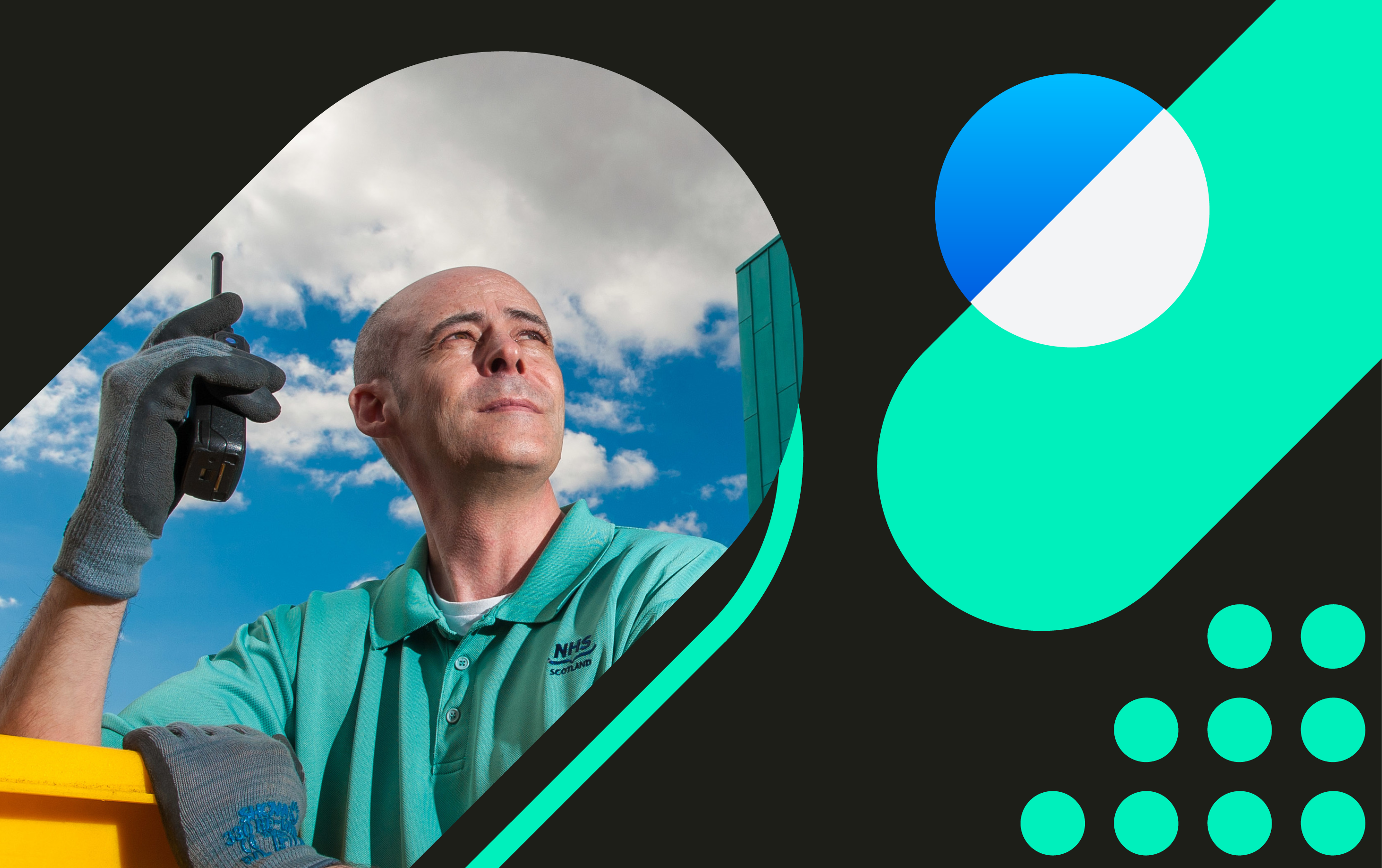
‘Lowering pharmaceutical pollution is vital to net zero — and Scottish research could be key to unlocking it’
Reducing pharmaceutical pollution forms a vital part of wider ambitions for a greener health service, says an NHS Scotland partner
Developing new ways to help the NHS lower its carbon footprint are a major priority if it is to meet its net zero emissions target for 2040.
Formal NHS Scotland partner InnoScot Health says that Public Health Scotland data shows the volume and cost of medicines, hand in hand with provision of pharmacy services within the community, has risen by 35% over the last 10 years and now totals some £1.62 billion.
Innovation Manager Frances Ramsay said: “With pharmaceuticals responsible for around a quarter of NHS Scotland’s carbon footprint, wastage in this area is having both a significant environmental and financial impact.
“Across Scotland, it is thought that about one in 10 medicines are wasted each year, with NHS Greater Glasgow and Clyde alone reporting last year approximate annual wastage of £36.5 million — £100,000 per day — and once dispensed, medicines cannot be reused.
“NHS Grampian reported that it incinerates over 50 tonnes of unused medicines every year and that picture of wastage has been replicated across every Scottish health board.
“Therefore, innovative new avenues must be explored such as alternative approaches to prescribing treatments where a big difference could be made for a more sustainable future.”
The Scottish Government recently published a report entitled ‘Medicines — achieving value and sustainability in prescribing’ which notes that “NHS Scotland has finite resources; therefore, it is important to ensure their optimal use to reduce waste, harm, and unwarranted variation”.
Positive work is already progressing including Glasgow Caledonian University’s participation in UK-wide research aimed at assessing non-medical interventions. Led by Dr Karin Helwig from the School of Computing, Engineering and Built Environment — the research will “focus on reducing pharmaceutical pollution through alternative mental health treatments, including social prescribing (non-medical interventions)”.
The university team will use ‘Life Cycle Assessment’ and environmental risk methods to evaluate alternative treatments, building on prior research into sustainable, patient-centred care.
Dr Helwig stated that the research will follow previous work from Glasgow Caledonian’s first Hydro Nation Scholar, Julze Alejandre, exploring the potential of social prescribing to lower pharmaceutical pollution.
Positively altering the approach to prescribing takes the net zero drive into the community. It encourages patients to get involved in that drive and take greater control of their own healthcare. It’s an empowering prospect.
Frances Ramsay, Innovation Manager, InnoScot Health
Mr Alejandre has been developing Scotland’s first ‘blue-green’ prescribing programme for mental health care.
The work has focused on building a sustainable approach to reducing pharmaceutical pollution through prescribing environmentally friendly medicines and integrating nature-based interventions to support good health.
This includes prescribing activities such as kayaking or swimming for mental-health conditions, alongside more sustainable medications.
This work is an important step towards net zero while still ensuring safe and effective care and has already been championed by the Scottish Government and NHS Highland, helping to inform policy recommendations for sustainable prescribing practices.
The Glasgow Caledonian University research will also be part of a UK-wide hub supported by funding from UK Research and Innovation (UKRI) and the National Institute for Health and Care Research (NIHR).
The hub will be looking at a patient’s journey through the NHS and social care, finding where the carbon hotspots are, and identifying opportunities to make them carbon neutral.
Key partners include NHS Highland, the University of Aberdeen, along with organisations such as the Royal College of General Practitioners in Scotland.
Frances said: “We are seeing so many innovative initiatives now aimed at reducing NHS Scotland’s carbon footprint and major gains have been made, whether through swapping environmentally harmful anaesthetic gases for significantly greener ones or making the jump from single-use disposables to reusables.
“However, positively altering the approach to prescribing takes the net zero drive into the community. It encourages patients to get involved in that drive and take greater control of their own healthcare. It’s an empowering prospect.”
InnoScot Health is seeking sustainable, forward-thinking ideas from health and social care professionals that can help support NHS Scotland to adapt, develop and strengthen in response to climate change.
Its sustainability innovation call offers a package of support for health and social care staff including regulatory support, project management, and the innovation expertise of InnoScot Health.

Got an idea?
Every innovation starts with an idea. Ideas from people like you. People working within health and social care who can spot opportunities, solve problems, and identify ways to make things better.
If you have an innovative healthcare idea, then InnoScot Health would like to hear from you. You can start by booking a consultation or submitting your idea.
Chat